The northern Colorado city of Fort Collins has joined the growing roster of municipalities nationwide that have decided to build out their own broadband network.
By a 7-0 vote, the city council approved a plan to offer residents gigabit speed, net neutral broadband as an alternative to current service providers Comcast and CenturyLink. The city is aiming to provide that high-speed connectivity for $70 per month or less, as well as a less expensive Internet tier of service. Fully wiring the 56.8 square mile city and its 158,600 residents is expected to take five years.
The City Council’s move is a major defeat for the telecom industry and Colorado Cable Telecommunications Association, which spent nearly $900,000 lobbying lawmakers and residents to oppose municipal broadband. In contrast, supporters of the initiative spent just $15,000 on their outreach effort. Fort Collins residents have long complained about poor service and slow connection speeds of current broadband providers. City residents are seeing the vote as a victory for consumers over telecom behemoths.
"This is another David vs. Goliath battle," said Glen Akins, one of the leaders of the Citizens Broadband Committee that advocated for the measure. “Big money can buy ad spots and air time but it can't buy votes in Fort Collins. Affordable, symmetric gigabit broadband will make Fort Collins an even more incredible place to live.”
Fort Collins’s move is part of the growing trend among local governments to recognize Internet connectivity as part of the community’s infrastructure, much like electricity, water, sewer, trash and recycling services. Nationwide, more than 185 jurisdictions have opted to build out municipal broadband networks. Affordable, reliable high-speed Internet also increasingly is being seen as a competitive advantage for communities seeking to lure and retain businesses.
The Federal Trade Commission’s (FTC) recent vote to repeal net neutrality may push even more communities to build out public broadband networks. Consumer advocates fear that eliminating net neutrality rules will lead to large telecom companies taking advantage of customers, favoring content, throttling or slowing down streaming content and shutting out competition. A 2015 White House study found that three out of every four Americans have access to only one provider offering high-speed service, which at that time was considered 25 Mbps.
Medium-size and small cities and rural areas, where the large telecoms may not see a high enough return on their investment to build out broadband networks, are leading the way. In Chattanooga, Tennessee, for example, installing a city-wide high speed fiber optic network was seen as a necessity in 2010.
“We didn’t rate with Comcast because we were a small market,” said former mayor Ron Littlefield. “By virtue of that, we had little say over what service we were receiving.”
Today, that network is being hailed as the backbone of the city’s thriving tech scene.
Municipal broadband networks also can provide a major boost to underserved communities and populations by closing the digital divide. The city of Santa Monica’s CityNet fiber optic network, which it claims is the fastest in the U.S., is available in all multi-unit affordable housing buildings. Through its Digital Inclusion Pilot, CityNet provides 1 Gigabit broadband service, and one desktop computer, to each community room in 10 affordable housing complexes. That means students and and families without broadband or computers of their own can now access the Internet.
“The City has made a powerful statement by taking concrete steps to close the digital divide. In Los Angeles County, 46 percent of households who earn less than $30,000 per year do not have access to the Internet at home. Studies have shown without Internet access at home, students have lower graduation rates,” said Sarah Letts, executive director of Community Corporation of Santa Monica.


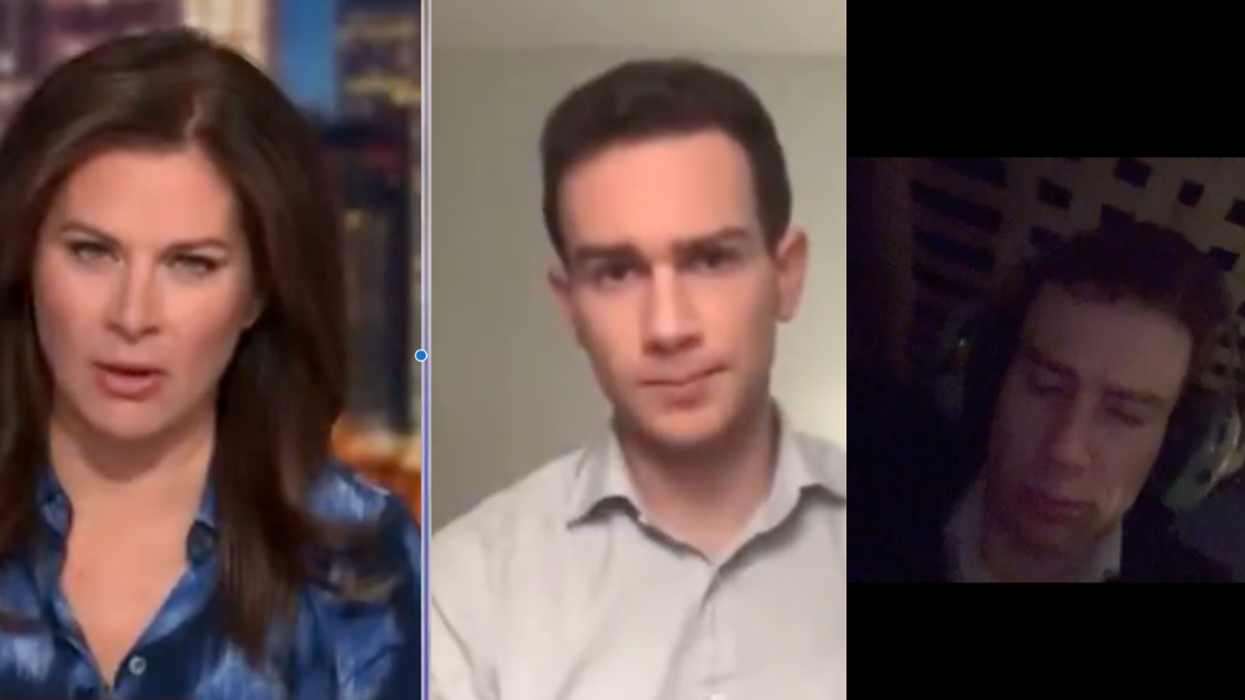
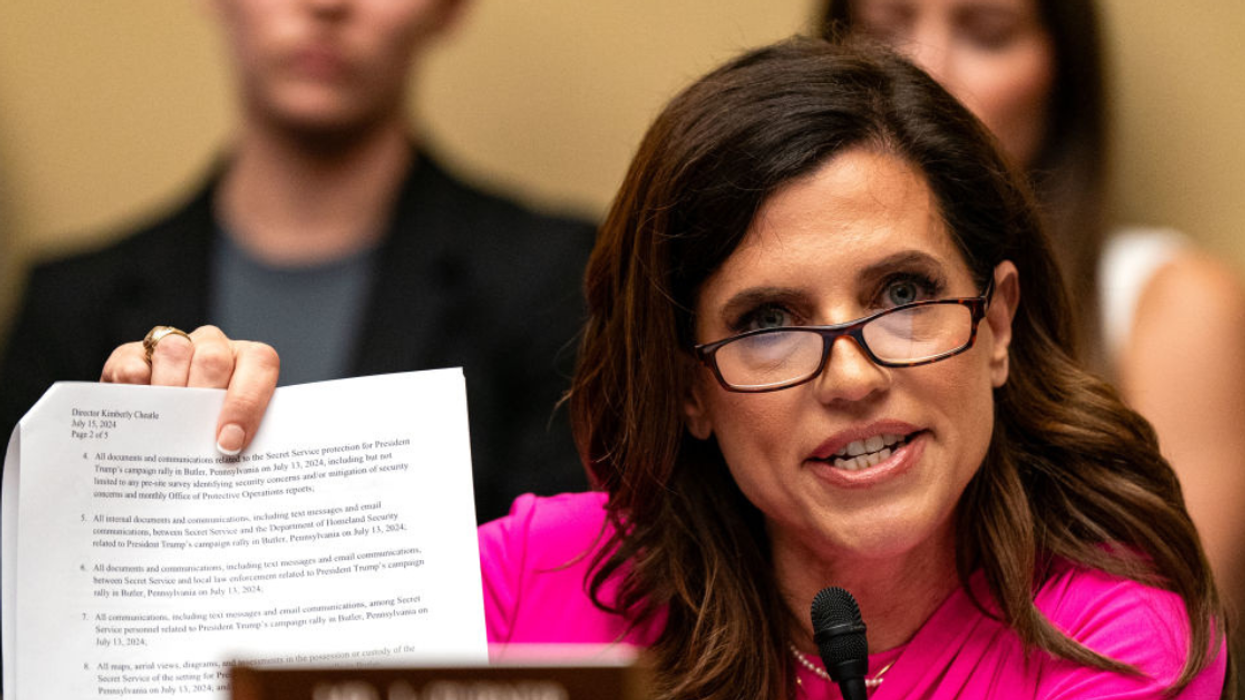
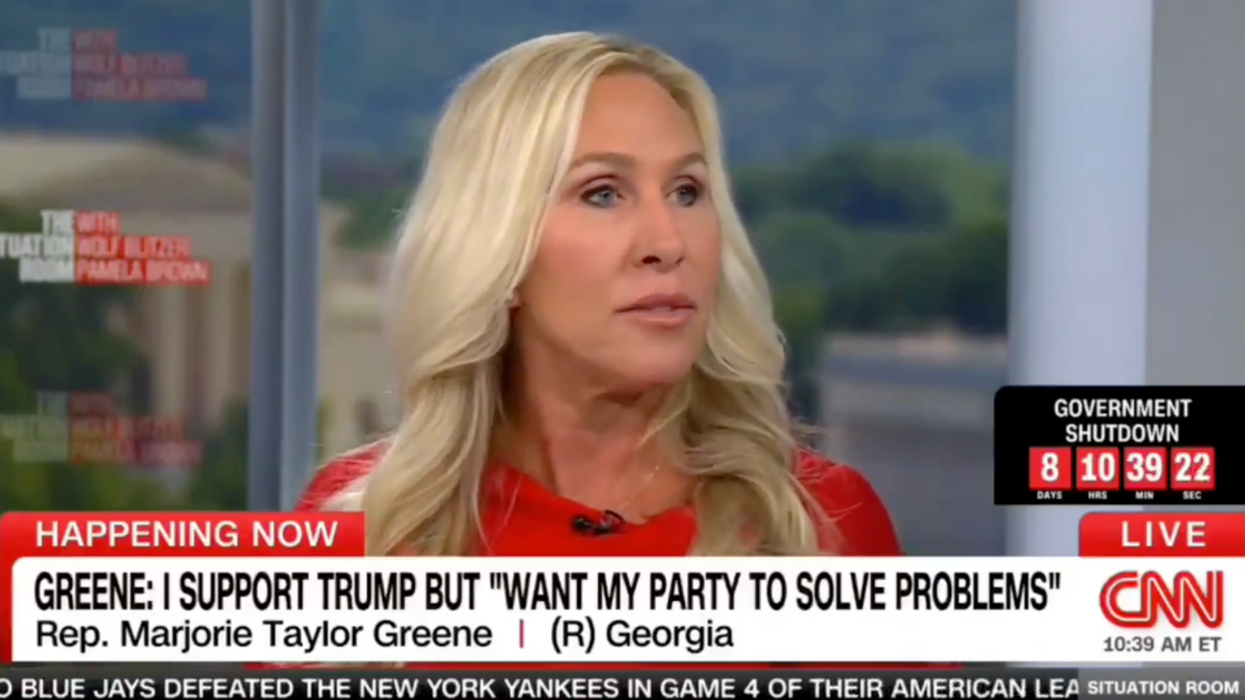
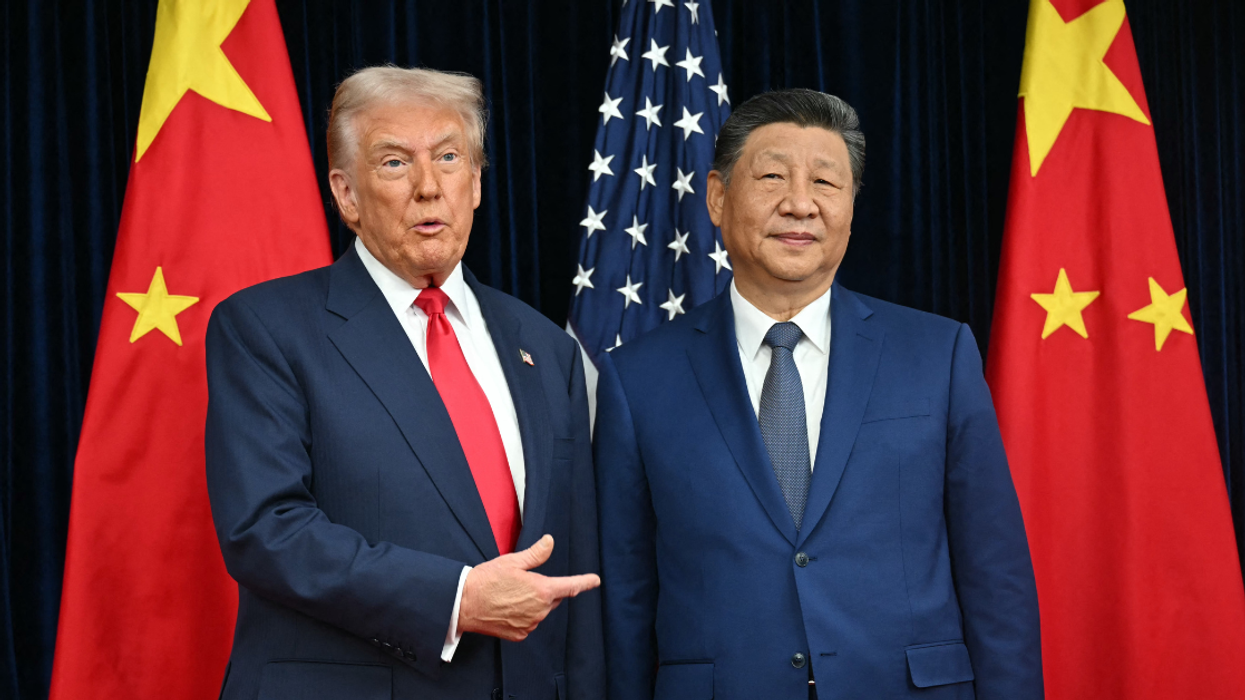
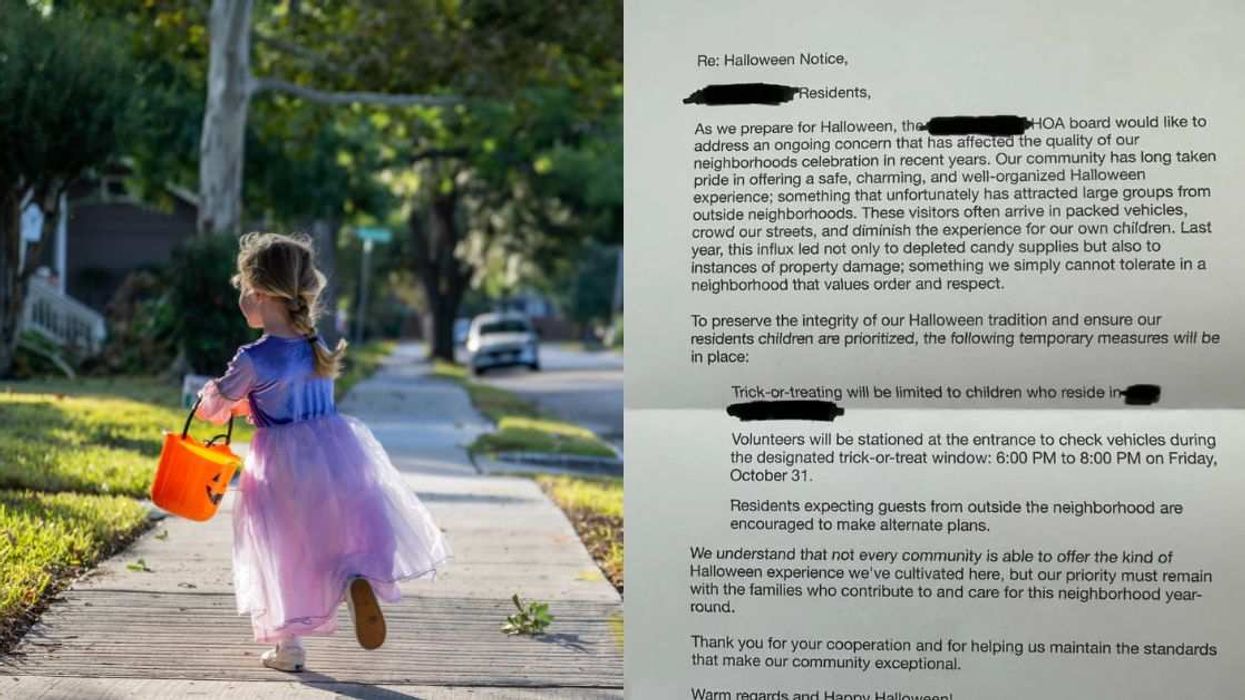
 u/not_falling_down/Reddit
u/not_falling_down/Reddit u/Cheese-Manipulator/Reddit
u/Cheese-Manipulator/Reddit u/AionX2/Reddit
u/AionX2/Reddit u/Post_Mormon/Reddit
u/Post_Mormon/Reddit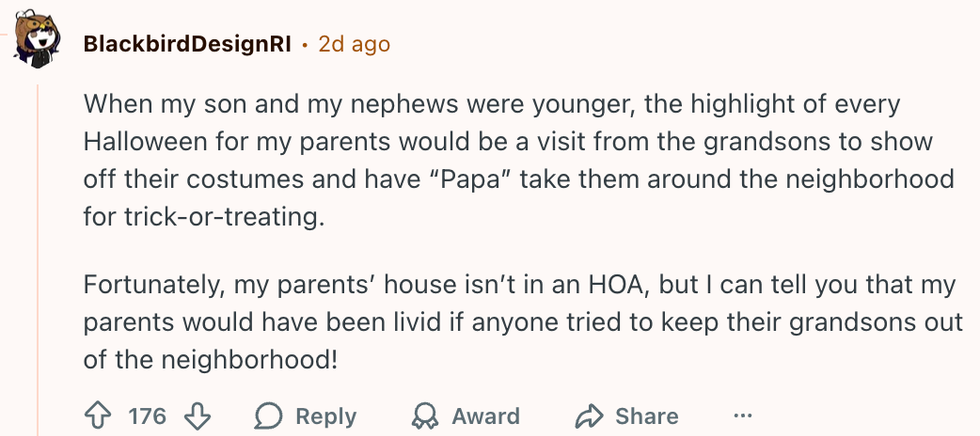 u/BlackbirdDesignRI/Reddit
u/BlackbirdDesignRI/Reddit u/Large-Produce5682/Reddit
u/Large-Produce5682/Reddit u/ftmikey_d/Reddit
u/ftmikey_d/Reddit u/P_Alcantara/Reddit
u/P_Alcantara/Reddit u/mumofBuddy/Reddit
u/mumofBuddy/Reddit u/ResidentScum101/Reddit
u/ResidentScum101/Reddit u/Gandlerian/Reddit
u/Gandlerian/Reddit u/According-Height-291/Reddit
u/According-Height-291/Reddit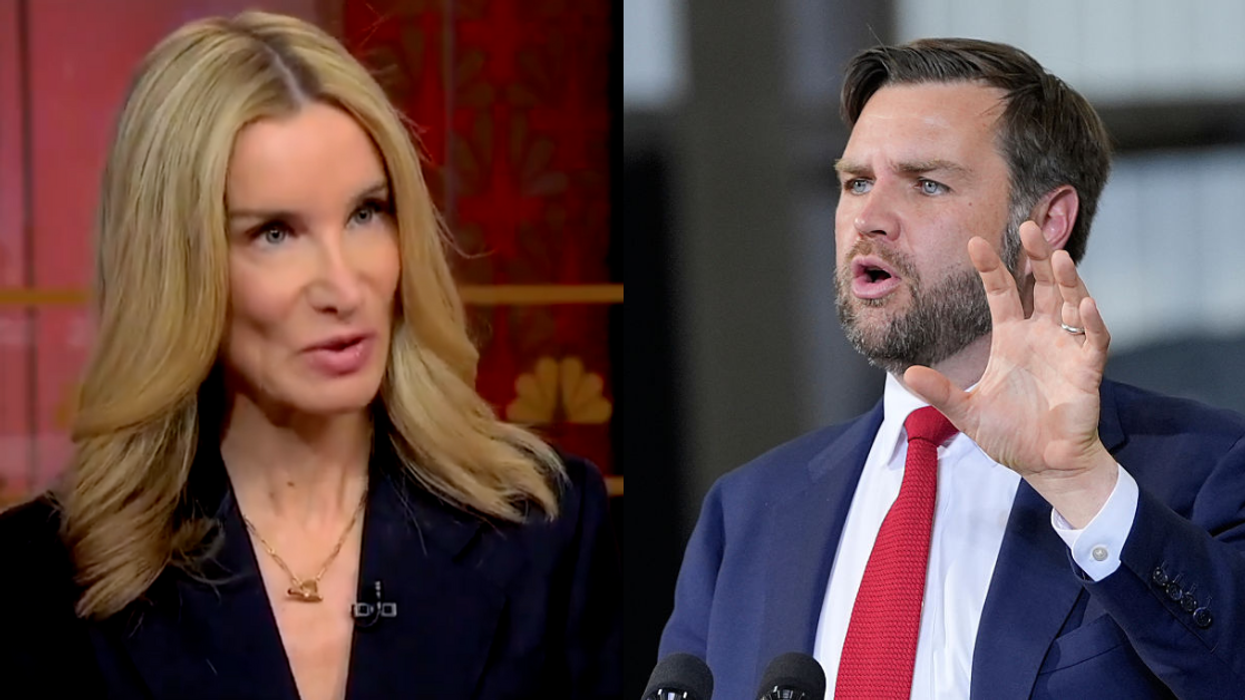

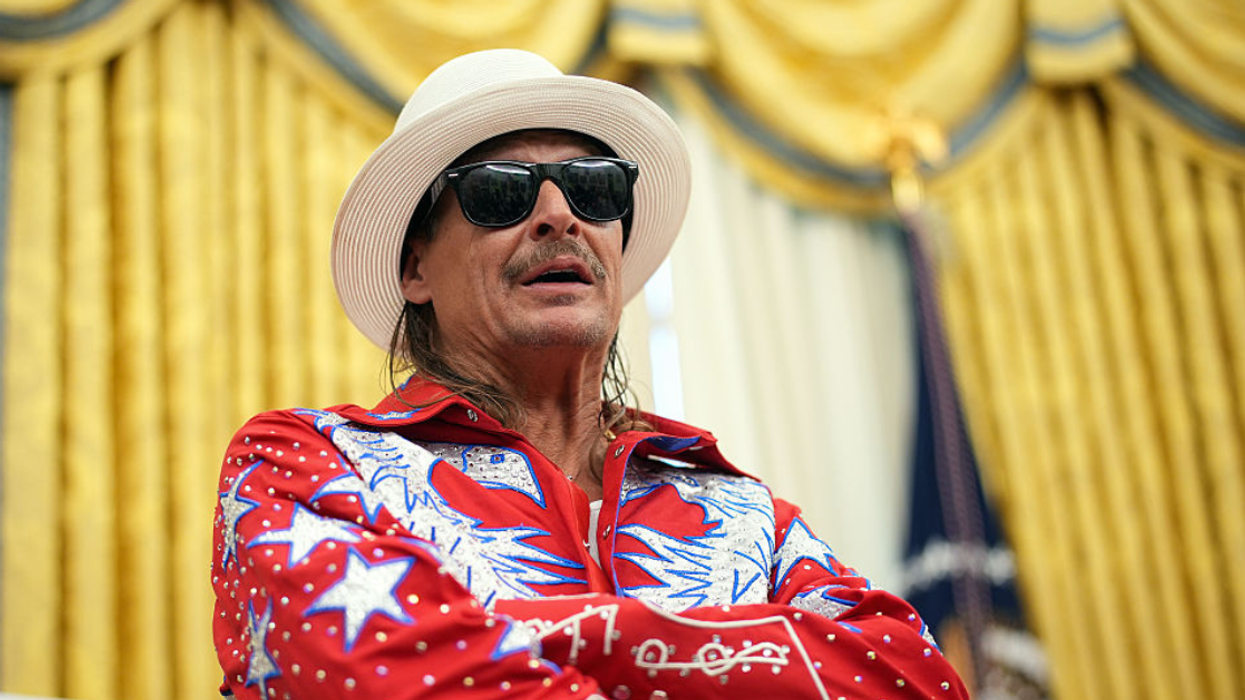

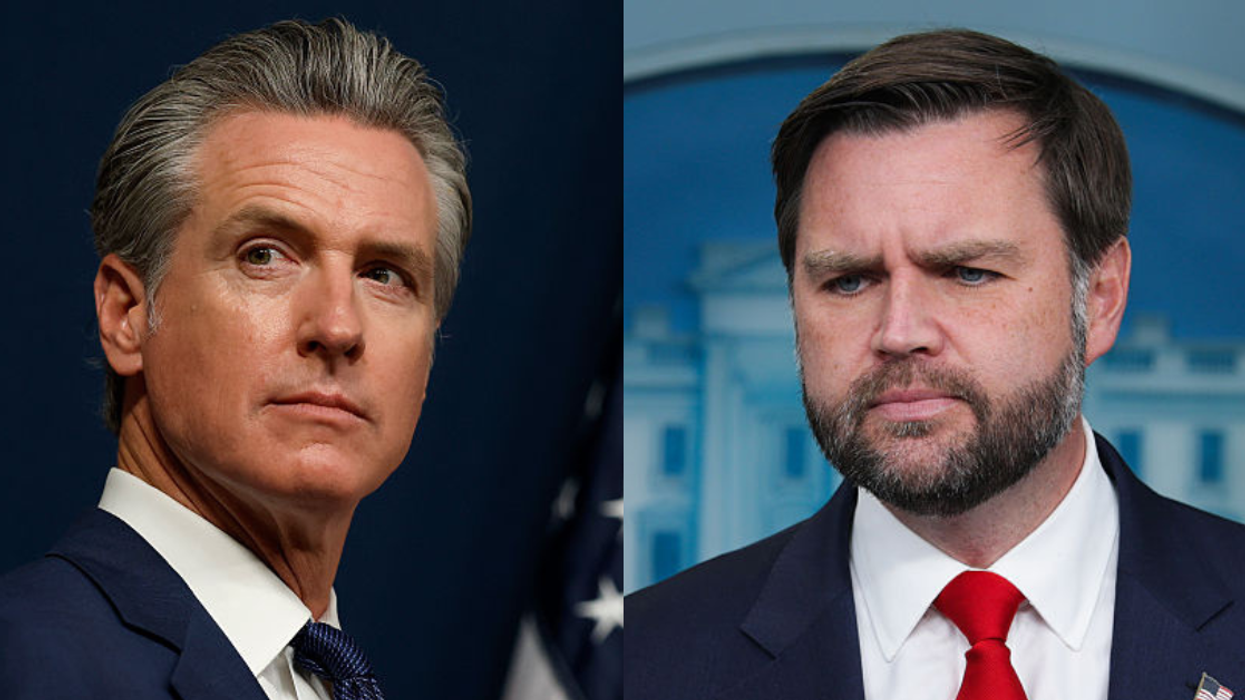
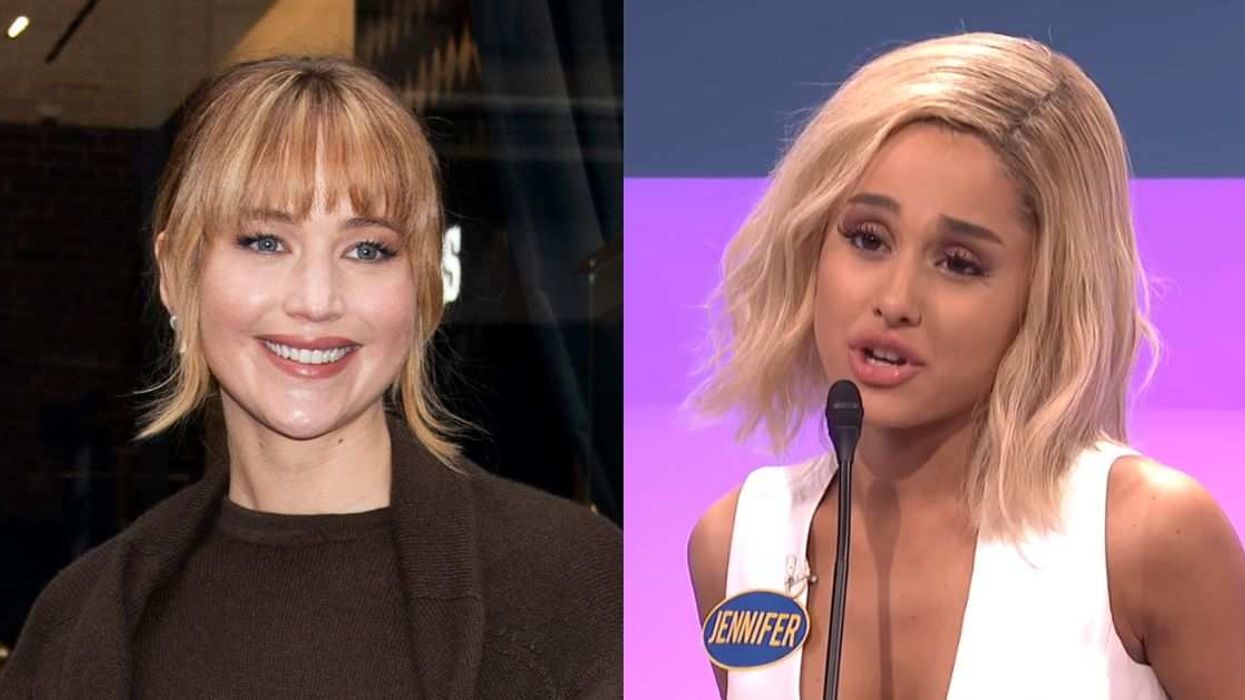
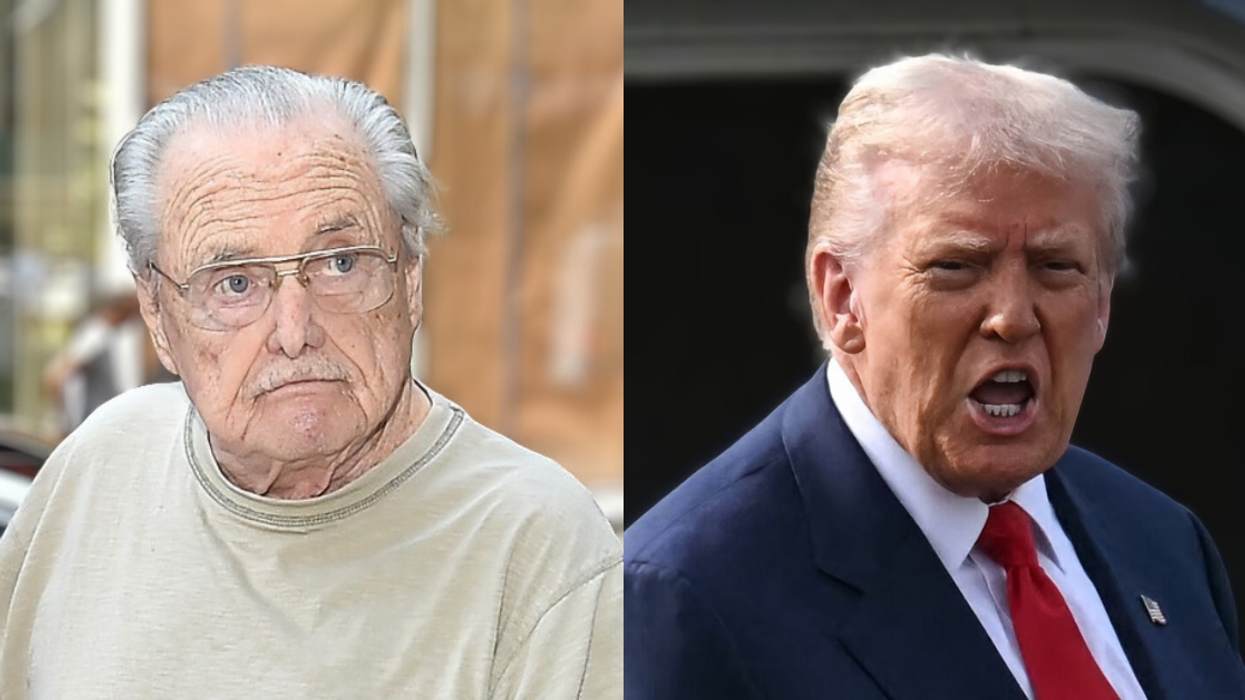
 @mrbilldaniels/Instagram
@mrbilldaniels/Instagram @mrbilldaniels/Instagram
@mrbilldaniels/Instagram @mrbilldaniels/Instagram
@mrbilldaniels/Instagram @mrbilldaniels/Instagram
@mrbilldaniels/Instagram @mrbilldaniels/Instagram
@mrbilldaniels/Instagram @mrbilldaniels/Instagram
@mrbilldaniels/Instagram @mrbilldaniels/Instagram
@mrbilldaniels/Instagram @mrbilldaniels/Instagram
@mrbilldaniels/Instagram @mrbilldaniels/Instagram
@mrbilldaniels/Instagram @mrbilldaniels/Instagram
@mrbilldaniels/Instagram @mrbilldaniels/Instagram
@mrbilldaniels/Instagram @mrbilldaniels/Instagram
@mrbilldaniels/Instagram @mrbilldaniels/Instagram
@mrbilldaniels/Instagram
 @hellokalliemarie/TikTok
@hellokalliemarie/TikTok
 @joshspottery/TikTok
@joshspottery/TikTok @melbatoasts/TikTok
@melbatoasts/TikTok @walents/TikTok
@walents/TikTok @melellaboo/TikTok
@melellaboo/TikTok @rebeccoconuttree/TikTok
@rebeccoconuttree/TikTok @zhuli120/TikTok
@zhuli120/TikTok @joannabanana304/TikTok
@joannabanana304/TikTok @coolcheeseburger/TikTok
@coolcheeseburger/TikTok
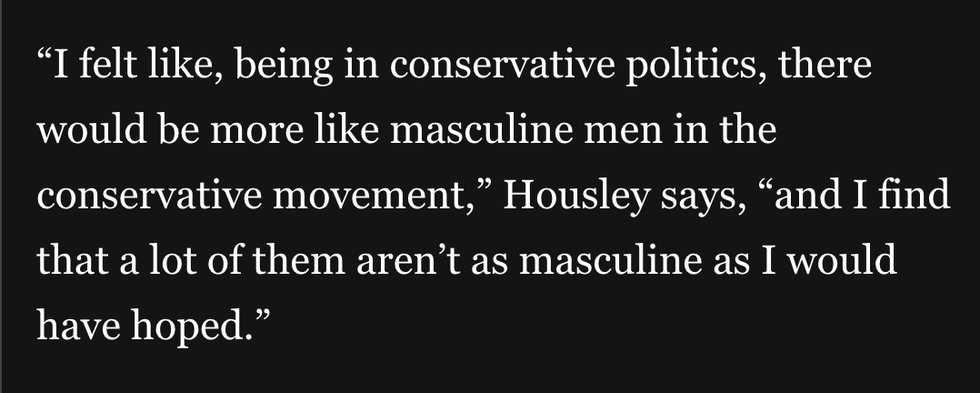 The Washington Post
The Washington Post